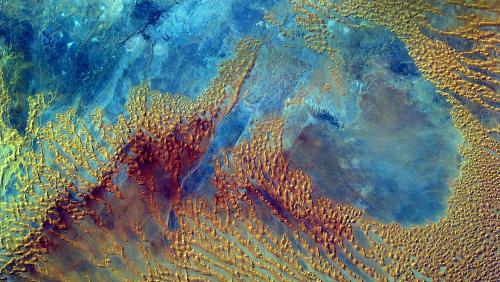Implementing an animal incinerator in Cameroon can be a large financial investment, but it is also a crucial step in managing the safe disposal of animal waste and carcasses. Understanding the financial aspects of this investment is important for businesses and government agencies in order to make informed decisions about the implementation of such facilities.
Initial Costs
The initial costs of implementing an animal incinerator in Cameroon can be significant. This includes the purchase of the incinerator unit itself, as well as the costs of installation and setup. Additionally, there may be costs associated with obtaining the necessary permits and approvals from local authorities, as well as any required environmental assessments.
Operational Costs
Once the incinerator is installed and operational, there are ongoing operational costs to consider. These can include the costs of fuel or electricity to power the incinerator, maintenance and repair costs, and the costs of disposing of the ash and other byproducts of the incineration process.
Regulatory Compliance Costs
Implementing an animal incinerator in Cameroon also comes with regulatory compliance costs. This can include the costs of ensuring that the facility meets all environmental and safety regulations, as well as the costs of ongoing compliance monitoring and reporting.
Benefits and Return on Investment
While the financial investment of implementing an animal incinerator in Cameroon can be significant, there are also potential benefits to consider. These can include the ability to safely and efficiently dispose of animal waste and carcasses, reducing the risk of disease and contamination. Additionally, there may be potential cost savings and revenue generation opportunities from the byproducts of the incineration process, such as the production of energy or other materials.
Conclusion
Understanding the financial investment of implementing an animal incinerator in Cameroon is essential for making informed decisions about this critical process. While there are significant initial and ongoing costs to consider, there are also potential benefits and returns on investment to be gained. By carefully weighing these factors, businesses and government agencies can make the best decisions for the safe and sustainable management of animal waste and carcasses in Cameroon.








